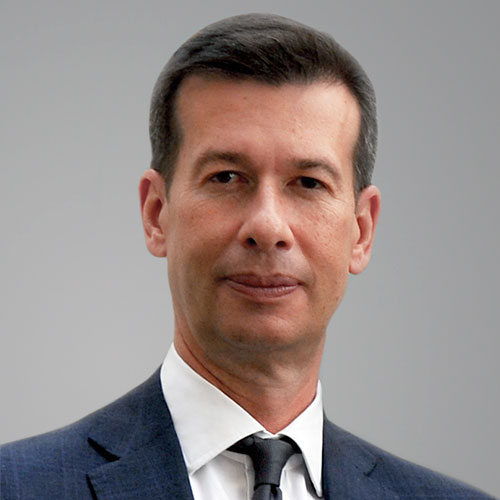As we prepare to launch into a new year characterised by political and geopolitical uncertainty and resilient but volatile economic data, high-quality hedge fund managers in most strategies will have a promising opportunity set in 2025.
Looking at the economic backdrop
The third quarter of 2024 saw the rally in risk assets continue, despite some patches of volatility along the way, particularly in early August after an interest rate hike by the Bank of Japan caught the market by surprise and hit stock markets hard. However, after the US Federal Reserve delivered its first long-expected interest rate cut, markets rallied towards month end.
Equity markets were positive overall, emerging markets coming out strongest and with developed markets not far behind, led by the US. Japan lagged behind after the strong sell-off but remains in positive territory year to date. On the fixed income side, markets rallied across the board both in developed and in emerging markets, fuelled by the 50bp rate cut in the US, and mixed but relatively resilient economic data. Investment-grade and emerging market debt outperformed US and European high yield.
Looking ahead on the economic front, the combination of cooling inflation and higher unemployment means that the Fed will refocus on its dual mandate of price stability and low unemployment, while keeping an eye on the data and acting accordingly. We could expect increased volatility in data as we have seen with job numbers in recent weeks. The new Trump administration and geopolitical tensions should also provide their dose of uncertainty in the near future.
How does it translate into hedge fund strategies?
Equity Long/Short
Although few managers are outright bullish on equity markets, most of them are not bearish for the near future. There is a clear agreement among them that stock dispersion will remain wide, given the market’s sensitivity to company fundamentals. This creates attractive opportunity sets on both the long and short sides.
Macro
Managers continue to focus on lower-risk tactical trading in large thematic trades. The breadth of potential market scenarios remains wide due to the recent change of US government, fragmented economic conditions, geopolitical tensions, and more dynamic policy moves. Therefore, markets are expected to show continued volatility, and this should provide a positive trading environment. The main issue remains stretched asset price valuations which is likely to result in a pull-back at some stage.
Systematic
Going into year-end, managers are broadly positioned long fixed income, short USD, long equities, and mixed in commodities. Short-term strategies were able to capitalise on bursts of volatility in the third quarter and should be well positioned to do the same in the last.
Event-driven
2023 saw a record-low volume of IPOs, mergers, and acquisitions – the leading opportunity set for Event-Driven hedge funds. While regulatory headwinds seem to have eased, valuations in public equity markets continue to rise, and CEOs’ confidence on the economy is increasing, performance expectations remain subdued for market-neutral Event-Driven strategies more dependent on transaction numbers.
Relative value
Relative Value managers are expected to perform in line with long-term averages in the remainder of 2024. Given the interest rate environment and volatility across different corporate and structured credit instruments, as well as the uncertain macro and geopolitical backdrop, there are many attractive relative-value trading opportunities. We believe dynamic positioning in all weather-type strategies will likely be most effective in uncertain market conditions. An area which may see a resurgence in the coming year is asset-backed securities given the increased likelihood of an upswing in credit card and auto loan delinquencies.
Hedge fund insight: valuing alpha over cost
One of the criticisms hedge funds have faced over the years has been their expensive fee structures. In addition to the fact that these costs have come down considerably over time, we would highlight that the cost should be reflective of the value provided. Instead of focusing on cost alone, considering cost per unit of alpha provides a more objective measure of an investment’s added value. We value alpha and we are happy to pay for it.










